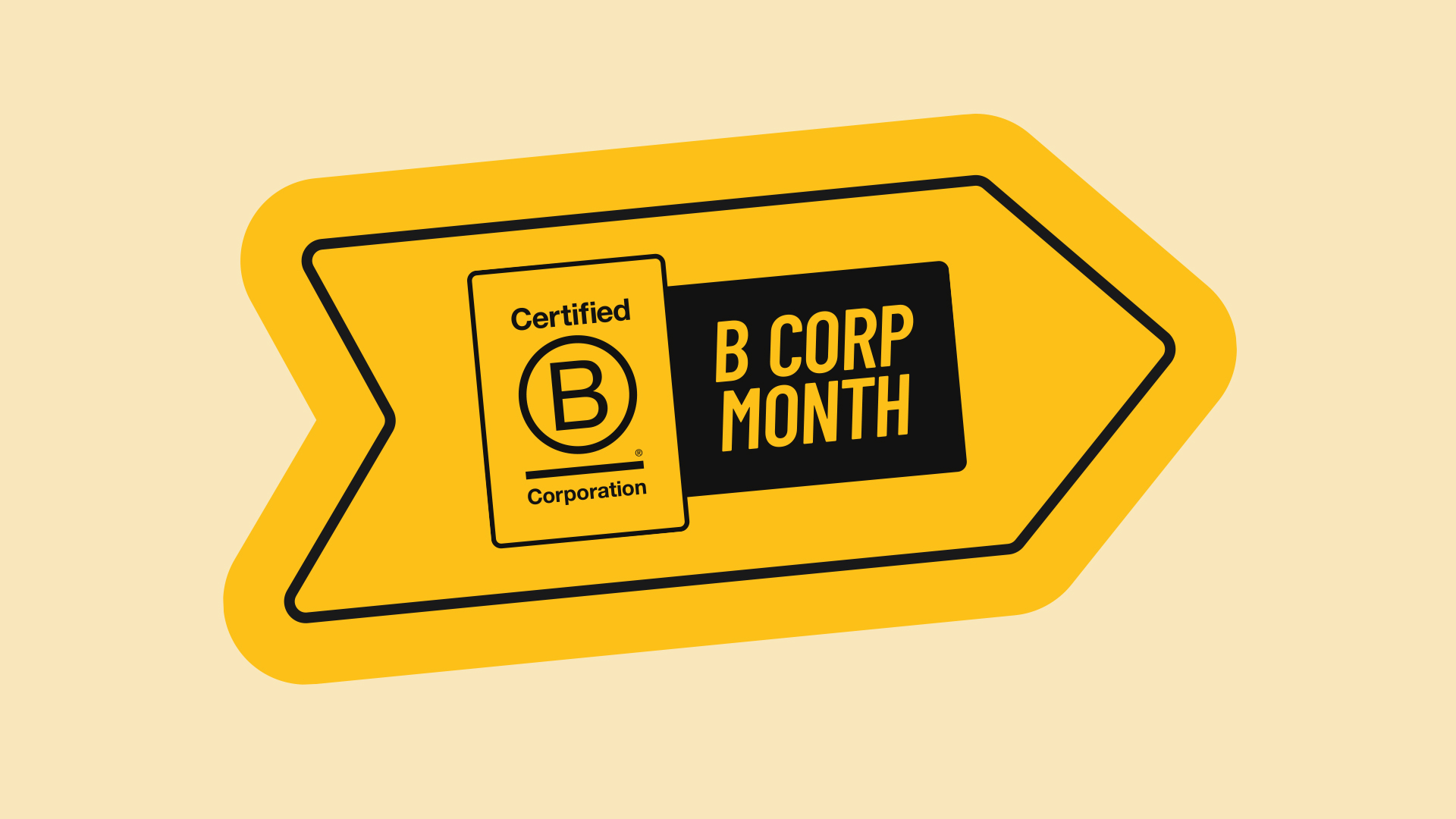
Businesses play a huge role in all our daily lives. They provide the goods and services that we rely on, and they pay the wages we need to purchase them. In turn, citizens wield power over these businesses – every time we move jobs, save, spend money or recommend products, the influence of our collective choices can determine the fortune of a business.
Despite this, most people won’t feel business is there to serve us or nurture the communities and environments that we value. Indeed, far from expecting business to do the right thing, when we read the headlines, it’s hard to see business as anything other than a problem. Instead of contributing to solving the issues of climate breakdown and social inequality, business is often the main character in stories without happy endings.
… ‘Business as usual’ is failing us. This is not what we want, and businesses know it’s not what we want.
And the reminders keep coming. Take the Post Office, which prioritised the needs of its main shareholder (the government) at the expense of its employees. Then there’s P&O firing 800 employees and BP and Shell failing to meet climate pledges. Examples such as these show that ‘business as usual’ is failing us. This is not what we want, and businesses know it’s not what we want.
So more and more businesses are making promises. They may be promises about a specific product, or simply be promises to care. This intention should be applauded. Not only are they attempts to do better, but they mirror a reflection of what we all want – a shift in culture to a world where business plays a more positive role in our society.
The question we must all answer is how to translate this desire, and our influence as employees, consumers, savers and investors, into deliberate and informed action. And the first step in this journey is to understand which businesses really mean it. How do we identify the businesses that really care, those that are walking the talk when it comes to positive impact?
There are now over 8,000 B Corps spread across 92 countries – and the UK has one of the largest and fastest-growing communities of B Corps in the world with 1,900 certified businesses.
That’s where B Corps come in. B Corps are businesses that balance purpose with profit. They are certified for having a positive impact on their employees, customers, local communities and the environment. This doesn’t mean B Corps are perfect – no business has no negative impacts – but by committing to continuous improvement and recertifying against B Lab’s evolving standards every three years, they are striving to make progress on the journey to redefining business norms. B Corps are held accountable to this by the fact each one is required to change their legal articles – also known as their corporate governance – so that an expanded duty of care to consider the interests of all stakeholders is embedded in decision making.









